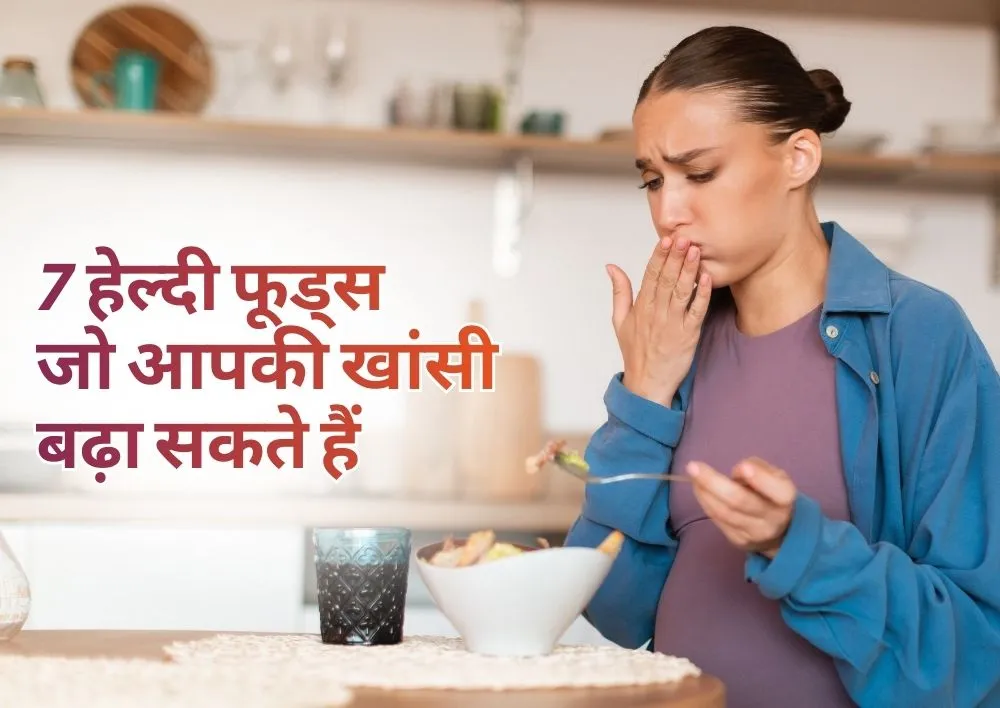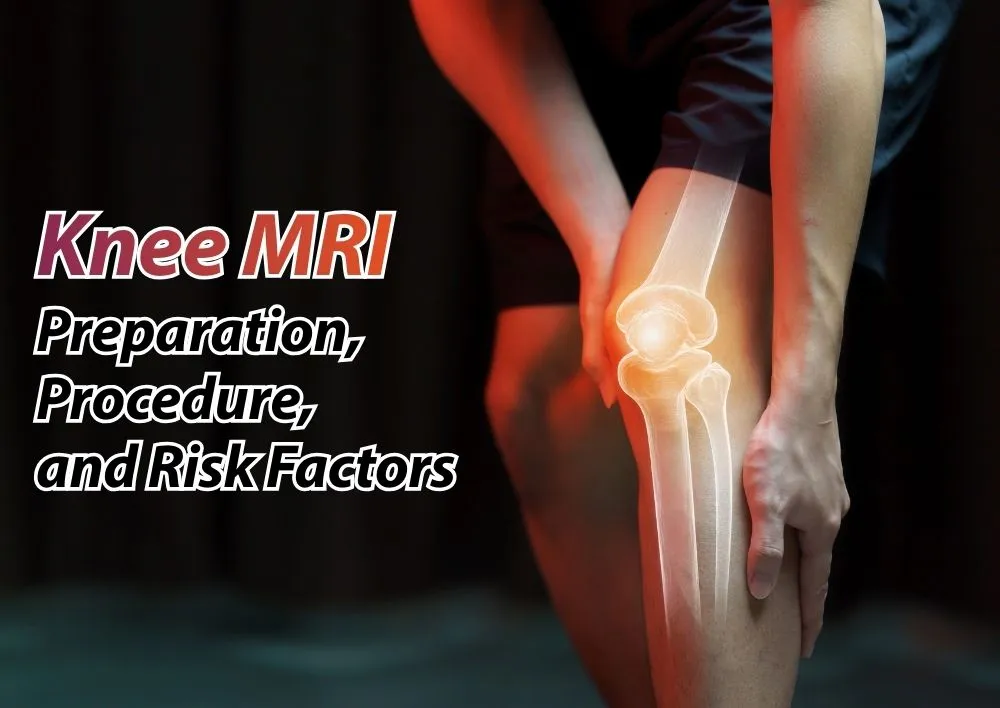7 Most Effective and Simple Home Remedies for Loose Motions
Dealing with loose motions can be challenging in your daily life. Whether caused by food poisoning, a viral infection, or other factors, loose motions can leave you feeling drained and dehydrated. Many mild instances can be managed with simple home remedies for loose motions. While severe cases may require medical attention.
An expert Internal Medicine Doctor in Gurgaon at Miracles Apollo Cradle/Spectra is here to guide you on why loose motions happen and how to treat them in the comfort of your home with the help of simple loose motion remedies.
What are Loose Motions?
In Layman's language, loose motions are characterized by frequent and loose watery stools. It usually occurs due to various factors such as viral or bacterial infections, food poisoning, dietary indiscretion, or underlying medical conditions. They can lead to dehydration due to the rapid loss of fluids and electrolytes from the body.
What are the Symptoms of Loose Motions?
The loose motion symptoms can vary in severity and may include:
-
Frequent Bowel Movements
-
Watery Stools
-
Abdominal Cramps and Pain
-
Bloating or gas
-
Urgency to have a bowel movement
-
Nausea and Vomiting
-
Fever
-
Dehydration:
-
Blood or Mucus in Stools
The severity and duration of symptoms can vary depending on the underlying cause of loose motions. While occasional episodes of loose motion are common and often resolve on their own, constant or severe symptoms may require medical attention. If you experience loose motions accompanied by fever, severe abdominal pain, bloody stools, or signs of dehydration, it's essential to consult the internal medicine doctor near you for proper diagnosis and treatment.
Loose Motions Causes
Loose motion can be caused by several factors, including:
-
Viral Infections: Viruses such as rotavirus, norovirus, and adenovirus can cause gastroenteritis, leading to loose motions.
-
Food Poisoning: Consuming contaminated food or water, or food prepared in unhygienic conditions, can lead to loose motion.
-
Bacterial Infections: Bacteria like E. coli, Salmonella, Shigella, and Campylobacter are common culprits of foodborne illnesses that result in loose motion.
-
Parasitic Infections: Parasites such as Giardia lamblia, Cryptosporidium, and Entamoeba may infect the digestive tract and cause loose motion.
-
Dietary Factors: Excessive consumption of spicy, fatty, or greasy foods, as well as high-fiber foods or artificial sweeteners, may cause loose motion in some individuals.
-
Medications: Certain antibiotics, antacids containing magnesium, cancer treatments, and other medications can disrupt the balance of gut bacteria and cause loose motion as a side effect.
-
Food Allergies or Intolerances: Some people may experience loose motion as a result of food allergies or intolerances to certain foods or food additives.
-
Underlying Medical Conditions: Conditions such as irritable bowel syndrome (IBS), inflammatory bowel disease (IBD), celiac disease, and lactose intolerance can lead to chronic or recurrent loose motion.
-
Stress and Anxiety: Emotional stress and anxiety can affect digestive function and cause loose motion in some individuals.
-
Surgery or Medical Procedures: Loose motions can be a common side effect following certain surgeries or medical procedures, especially those involving the gastrointestinal tract.
It's important to identify the underlying cause of loose motion to determine the appropriate treatment and management strategies.
7 Most Effective and Simple Home Remedies for Loose Motions
Finding effective relief from discomfort is a priority. Here are 7 most effective and straightforward home remedies to cure loose motions:
-
Stay Hydrated: One of the most important aspects of managing loose motions is to stay hydrated. Loose motion can quickly lead to dehydration due to the loss of fluids and electrolytes. Drink plenty of water throughout the day to refill lost fluids. You can also include other hydrating beverages such as clear broths, herbal teas, ORS(readymade or sachet), or electrolyte-rich drinks like coconut water to restore electrolyte balance.
-
BRAT Diet: The BRAT diet is a well-known remedy for digestive issues, including loose motions. BRAT means bananas, rice, applesauce, and toast. These bland foods are easy to digest and can help firm up stools. They also provide necessary nutrients and energy without irritating the stomach further. Additionally, you can add other easily digestible foods like boiled potatoes, plain crackers, or steamed vegetables to your diet.
-
Probiotics: Probiotics are beneficial bacteria that can help restore the balance of gut flora and relieve digestive issues, including diarrhea. You can consume fermented foods like yogurt. Alternatively, you can take probiotic supplements, which are available in various forms such as capsules, powders, or chewable tablets. Adding probiotics into your diet can promote healthy digestion and reduce the duration of loose motions.
-
Ginger: Ginger is a natural remedy known for its anti-inflammatory and antimicrobial properties, making it effective in relaxing digestive discomfort and relieving loose motions. You can consume ginger in various forms, such as ginger tea or simply chewing on a small piece of fresh ginger.
-
Take Rest: Rest is important for the body to recover from any illness, including loose motions. Make sure to get plenty of rest and avoid strenuous activities that could exacerbate symptoms. Lie down and relax, allowing your body to focus its energy on healing and recuperation.
-
Chamomile Tea: It has anti-inflammatory and antispasmodic properties that can help calm the digestive system and reduce diarrhea. Drink chamomile tea throughout the day to ease symptoms and promote relaxation.
-
Avoid Irritants: Avoid foods and beverages that may irritate the digestive system, such as spicy foods, greasy foods, caffeine, and alcohol. These can worsen diarrhea and prolong recovery.
Remember to listen to your body and give it the nourishment it needs to recover from loose motion. While these home solutions for loose motion can provide relief for mild cases, it's necessary to seek medical attention if symptoms persist or worsen.
Tips To Prevent Loose Motions
Preventing loose motions involves adopting healthy habits and practices to support digestive health. Here are some tips to help prevent loose motions:
-
Maintain Good Hygiene:
-
Wash your hands thoroughly with soap and water before and after meals, after using the restroom, and after handling food.
-
Ensure proper sanitation practices, especially when preparing and storing food.
-
-
Stay Hydrated:
-
Drink plenty of water throughout the day to stay hydrated and maintain fluid balance in your body.
-
Avoid excessive consumption of alcoholic beverages or caffeinated, as they can contribute to dehydration.
-
-
Eat Well-Balanced Diet:
-
Eat a well-balanced diet rich in fiber, fruits, vegetables, and whole grains to promote healthy digestion.
-
Avoid consuming excessive amounts of spicy, greasy, or fried foods, as they can irritate the digestive system and lead to loose motions.
-
Gradually add new foods into your diet to allow your digestive system to adapt and avoid initiating gastrointestinal upset.
-
-
Practice Food Safety:
-
Ensure that food is cooked thoroughly and stored at the proper temperature to prevent infection and foodborne illnesses.
-
Be cautious when consuming unpasteurized dairy products, raw or undercooked foods, and seafood, as they may contain harmful bacteria or parasites.
-
-
Manage Stress:
-
Practice stress-reduction techniques such as meditation, deep breathing exercises, yoga, or engaging in hobbies to help manage stress levels.
-
Stress can affect gut health and worsen digestive issues, so prioritizing stress management is important for overall well-being.
-
-
Exercise Regularly:
-
Engage yourself in regular physical activity to promote healthy digestion and bowel movements.
-
Aim for at least 30 minutes of moderate exercise most days of the week to support overall gastrointestinal health.
-
-
Be Cautious with Medications:
-
Use antibiotics and other medicines for loose motion only as prescribed by an internal medicine doctor and follow the recommended dosage instructions.
-
Some medications can disrupt the balance of gut bacteria and lead to loose motions, so discuss any concerns with your doctor.
-
By following these tips, you can help prevent loose motions and maintain optimal digestive health. However, if you do experience diarrhea despite these preventive measures or if symptoms persist or worsen, it's essential to consult an internal medicine specialist near you for proper evaluation and treatment.
Conclusion:
Loose motions can be uncomfortable, but with the right knowledge and simple home remedies, relief is within reach. Whether caused by viral infections, dietary factors, or underlying medical conditions, it can be managed with simple home remedies to cure loose motions in many cases. By staying hydrated, following a balanced diet, incorporating probiotics, and practicing stress-relieving techniques, you can support your body's natural healing process and prevent future episodes of loose motions. Remember, while these home remedies can provide relief for mild cases, it's important to seek medical attention if symptoms persist or worsen, especially if accompanied by fever, severe abdominal pain, or Multiple episodes of loose stools, recurrent vomiting, fainting, or giddiness. With proper care and attention, you can effectively manage loose motions and restore your well-being.
For more information or a customized treatment plan for loose motions, schedule an online appointment with an Internal Medicine doctor in gurgaon at Miracles Healthcare.









_Causes,_Symptoms_Effective_Management_Tips.webp)





Was the information useful?
1 0